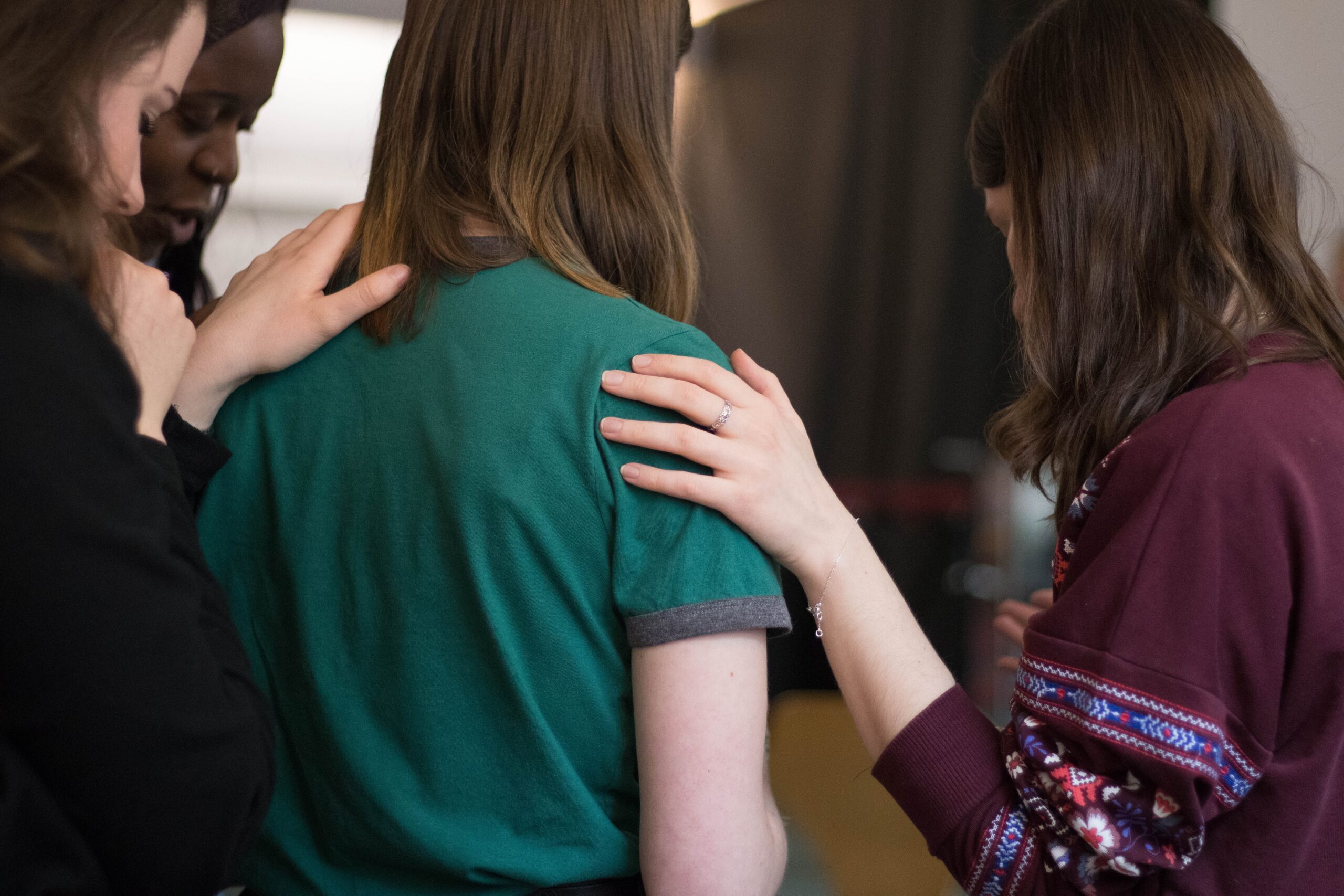During my childhood, my “church friends” were my best friends. They were the ones where I spent the night and knew their parents. The ones whose childhood homes I still have memorized in my mind. It wasn’t always rosy, despite us all attending church, professing Christ, and being raised by Christian parents, but the good always outweighed the bad.
I remember my mother asking once why I was closer with my friends at church that I might only see once or twice a week than my friends from school. At the time I didn’t know the answer. Now I do. Now I understand.
I have been reading and meditating on the book of Job. It’s not a book I necessarily expected to enjoy. I anticipated that it would be long and depressing. And, in some ways, it is both of those things, but it inspired me greatly. And one thought kept coming into my mind, It’s so important to choose the right friends.
In Job’s case, he might not have made the greatest choice in his friend choices. But, on the flip side, I can kind of see where his friends are coming from. They are trying to reason the situation logically and giving the best advice based on their logic. They are not, however, being very faithful friends to Job. They obviously think he’s being proud and even a bit delusional.
Chances are most of us have had a few people in our lives that were more frenemies than friends. You’ve probably been hurt by at least one friend and those scars tend to stick around for a while. Even if you’ve never cracked open a Bible, you probably know Proverbs 27:17: Iron sharpens iron, so one person sharpens another. We need other people, iron, to help us to grow and become better and greater, to sharpen. As a believer in Christ, it’s important to have Christian friends. Now, I’m not suggesting that you should stop speaking to your non-Christian friends or only become friends with other believers. (In fact, I’m going to strongly suggest that you don’t do that. Christ befriended people of all walks of life and we should do the same.) But let’s learn from Job’s experience and cultivate a core of like-minded believers to help encourage us and grow us in the things of God.
Our need for friendships ebbs and flows as we age. When children are very small they don’t interact much with other babies. They kind of like to be around other babies, but they mostly engage in independent play. As they get older, learning to be social with other kids is important to their development. They learn how to engage with people, how to function in society, and how to relate to their peers. And by the time they hit twelve to thirteen, friends become some of the most important people in their lives. In high school and college thinking my friends were more important in my life than family because my friends were my chosen family.
To a teenager, friends shape your world. To parents of teenagers, check your kid’s friends. Those kids are molding your child. My friends in high school and college affected so many of my worldviews. It’s such an impressionable age when most people are sorting out who they are and what they think. As it turns out, my worldviews continued (and still continue) to shift, but now it’s much less dependent on the thoughts and views of others. And I have found in my life, and I especially hear this from a lot of moms, friendships start to have a less prominent position in our lives.
You may be at a time in your life when making time for friends, and especially creating new friendships, isn’t always on the schedule. I think that’s normal. Life is busy. If that’s you, then why not kill two birds with one stone? Start a Bible study with some Christian friends. You’re spending time in the Word and in fellowship with other believers. Many churches have small groups or Sunday school. You can even find community groups that meet in a local restaurant or coffee shop once a week or once a month.
Come together in love and fellowship. Share a meal, a prayer request, a praise, a revelation, an insight. Create a safe community where you can go for advice, encouragement, comfort.
Rachel




